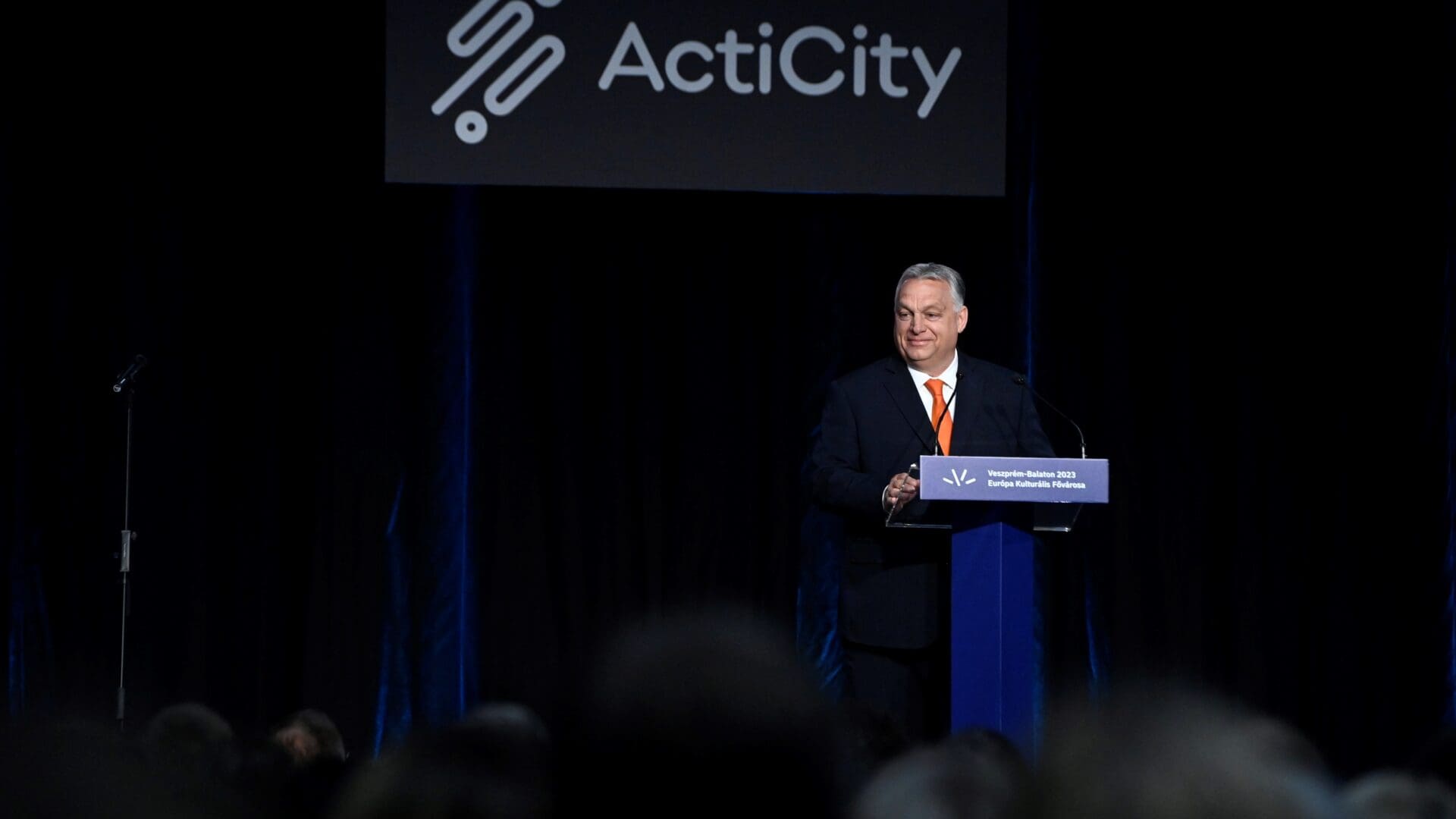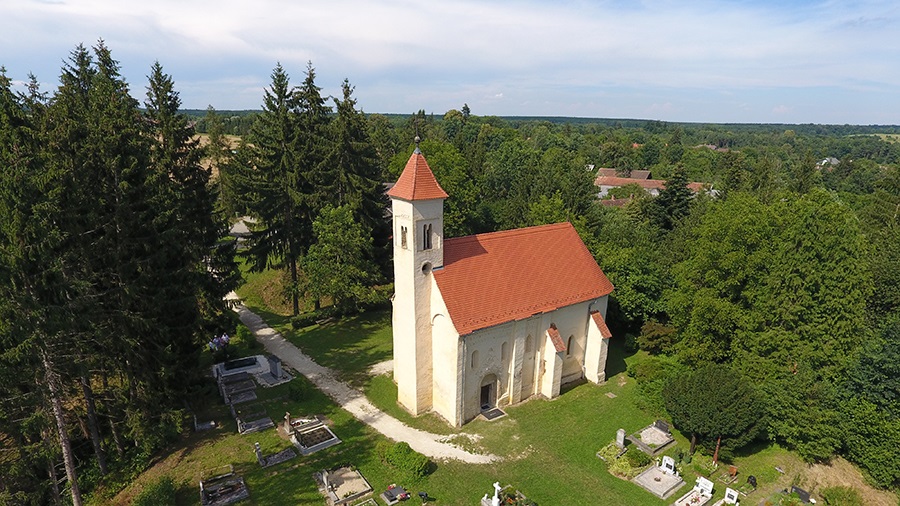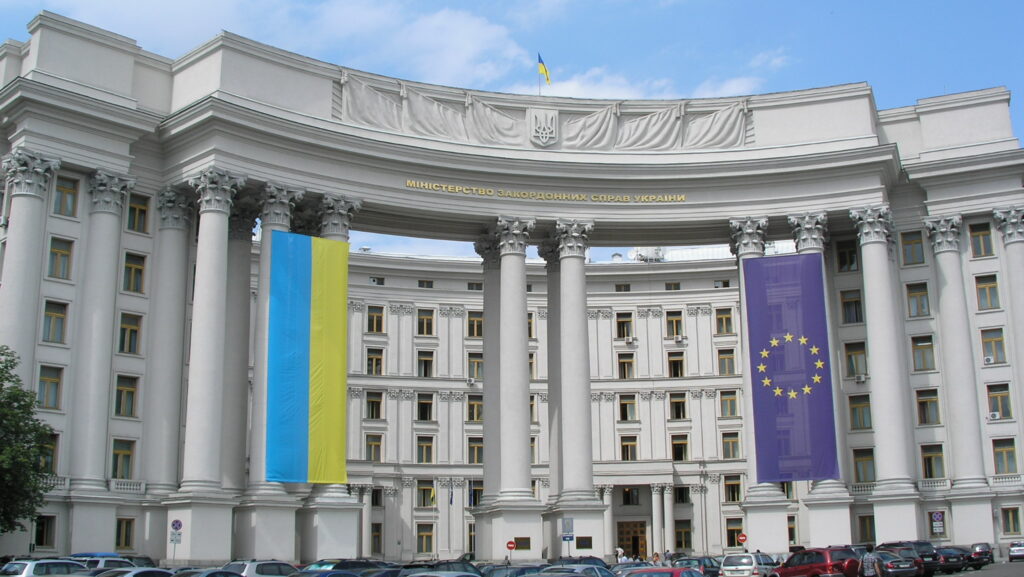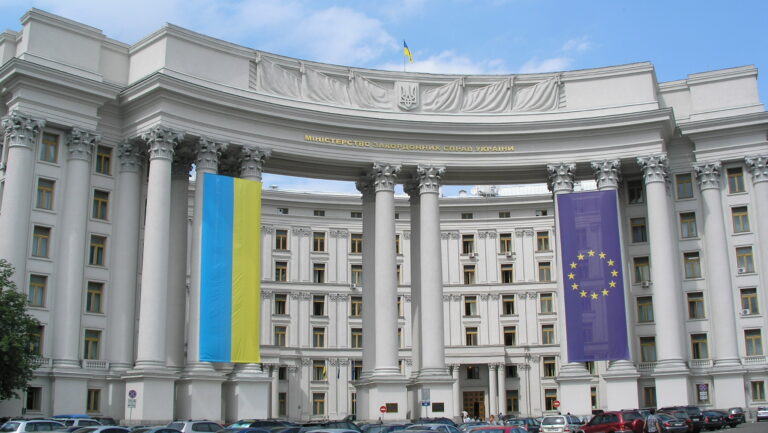Veszprém will be the European Capital of Culture (EKF) in 2023, and the city is one of Hungary’s most spectacular success stories, renewed in 2010, Viktor Orbán said on Friday at the ActiCity Dance and Movement Arts Center’s grand opening in Veszprém. The Prime Minister stated that through the developments and investments related to the title of the cultural capital, Veszprém will once again occupy its leading place on Hungary’s imaginary podium of cities. Veszprém is one of the oldest settlements in Hungarian history, characterised by tangible bourgeois culture, Pannonian civilization, and self-awareness, the PM highlighted, and added: ‘The people of Veszprém have always thought that being from Veszprém also means quality.’
In his speech the prime minister emphasised that the government wholeheartedly supported Veszprém becoming worthy of the title of European Capital of Culture, ‘giving even its last free penny to Veszprém, as a queen cannot attend a ball in any dress’, he remarked, referring to the common nickname of the county capital, ‘the city of the Queens’. The PM emphasised that Veszprém is a place where people’s belief in being Hungarian and living as a Hungarian in a dignified way strengthens. He thanked Tibor Navracsics, Minister of Regional Development, a native of Veszprém, who has always advocated not only for the city itself, but also for 116 other settlements to be included in the EKF program.
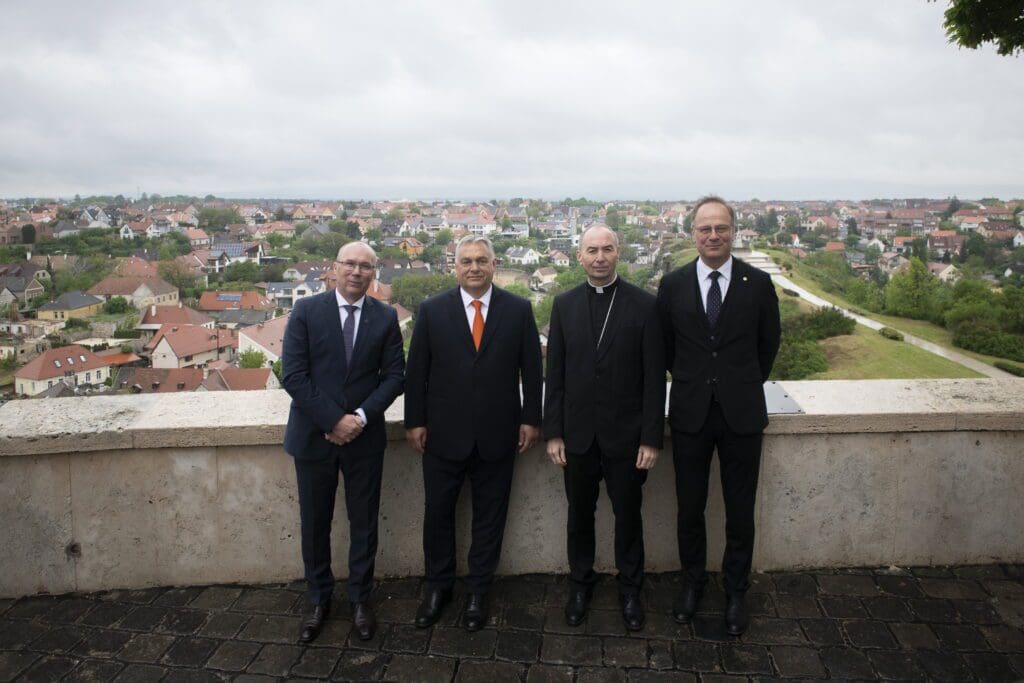
‘We can learn from the people of Veszprém, who have created a real community with the surrounding settlements along the shores of Lake Balaton and have included them in the EKF programmes from Balatonberény to Várpalota and from Marcali to Zirc,’ Viktor Orbán underscored. The PM expressed his gratitude to the European Union and Brussels officials for choosing Veszprém as the European Capital of Culture. At the same time, he said that Veszprém’s performance shows that when Brussels bureaucrats manage to defeat their ‘well-developed Hungarophobia,’ then together, Hungary and Brussels can achieve great things. It is a pity that Veszprém’s example is the exception and not the general rule, he remarked.
The PM said that cooperation among European countries has always been a difficult and complicated matter. The fact that the Roman Empire was overthrown by various militant tribes, and different tribes occupied its territories, also determined Europe’s fate: it was decided that there would be nations in Europe with their own languages, cultures, and instinctual worlds, he explained. He added that this brought rivalries, conflicts, territorial and power disputes, but since the fall of Rome, ‘a dream, a temptation’ has always hovered over Europe to reunite, to bring together the former territories of Rome in one empire, that is, Europe. According to the PM, if we are lucky, we can find the delicate balance between national sovereignty and European cooperation, but if not, then the EU will ‘tip over’ and become a ‘minefield of national conflicts’ or a ‘bureaucratic power machine’ that abuses its power. He stated that in order to achieve this balance, we need ‘Pannon-style leaders’ who love both their country and Europe, who are tolerant and strong. He believes that this is currently ‘as rare as a white crow’, and instead there is intolerance, weakness, and heartlessness.
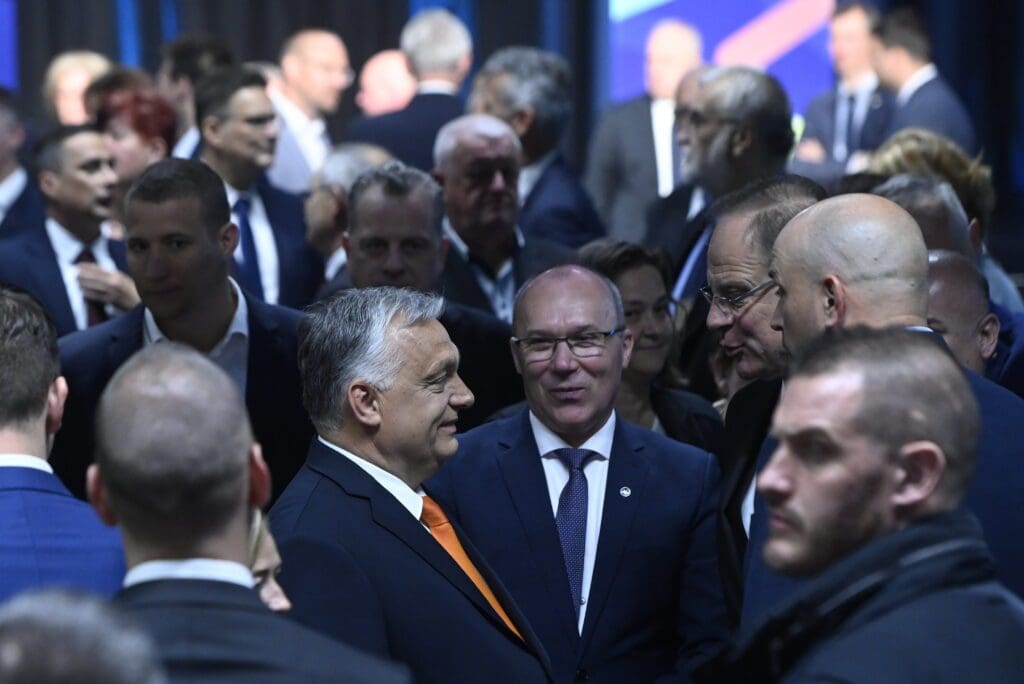
He reminded that the EU is the modern from of European cooperation, established with two goals: to achieve peace and prosperity. However, today we are ‘on the brink of a world war’, and the economic situation and prospects are increasingly worrying and gloomy. ‘If it cannot fulfil its original mission, then what is the purpose of the European Union?’, he asked, noting that if an answer is not found to that question, then the days of beautiful traditions and great programmes like the European Capital of Culture are numbered. ‘But let’s not torment ourselves with such difficult questions today, as we have come to celebrate, and let’s be happy that there is still a reason to do so. Long live the European Capital of Culture, long live Veszprém! Long live the European Union!’, he concluded.

